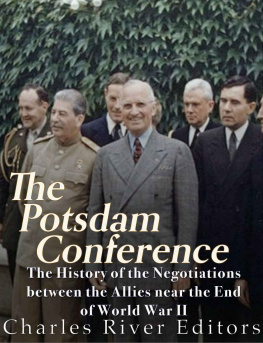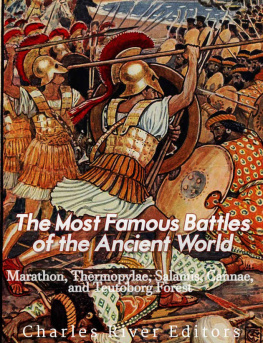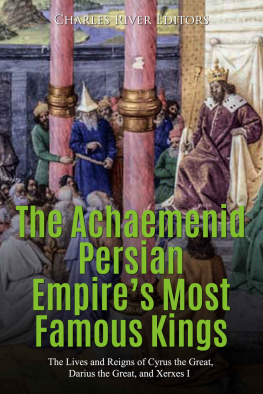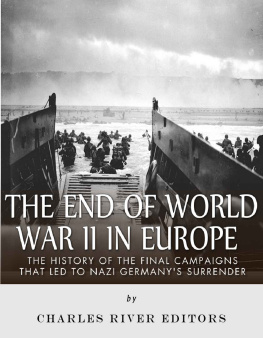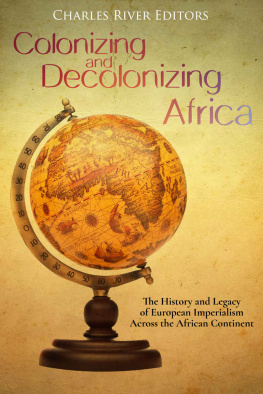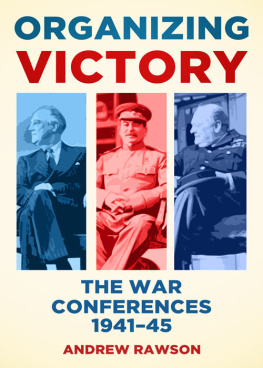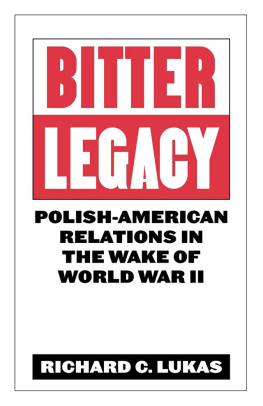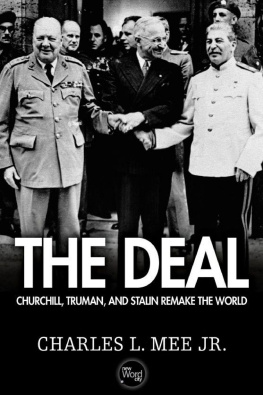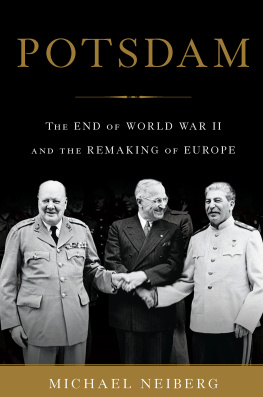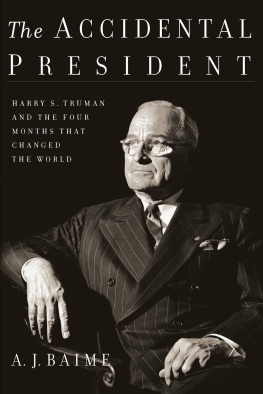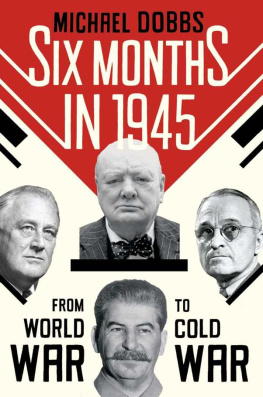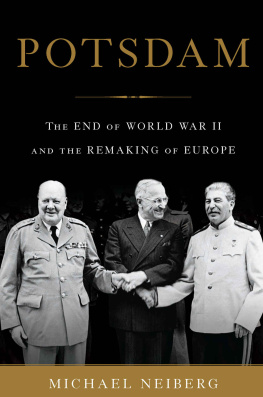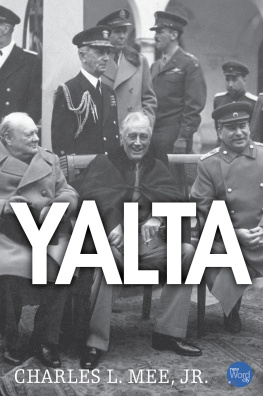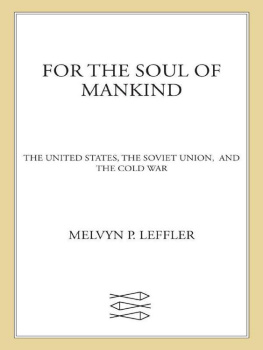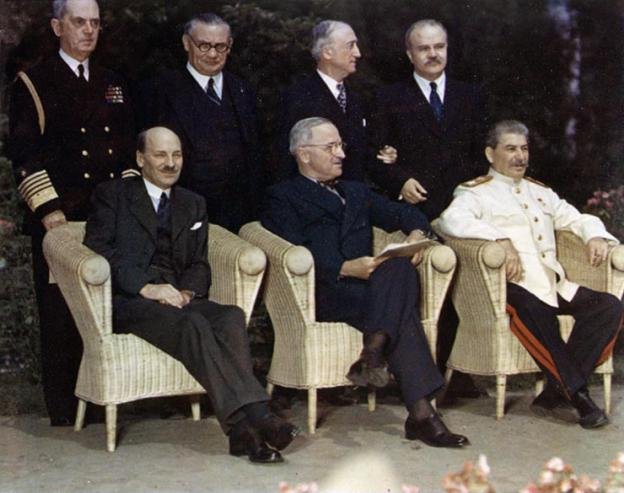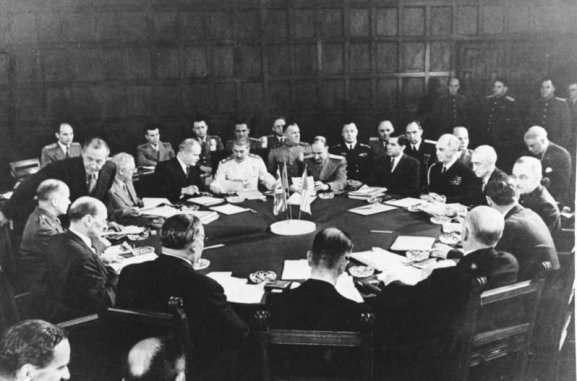Charles River Editors - The Potsdam Conference: The History of the Negotiations Between the Allies Near the End of World War II
Here you can read online Charles River Editors - The Potsdam Conference: The History of the Negotiations Between the Allies Near the End of World War II full text of the book (entire story) in english for free. Download pdf and epub, get meaning, cover and reviews about this ebook. year: 2016, publisher: Charles River Editors, genre: Science. Description of the work, (preface) as well as reviews are available. Best literature library LitArk.com created for fans of good reading and offers a wide selection of genres:
Romance novel
Science fiction
Adventure
Detective
Science
History
Home and family
Prose
Art
Politics
Computer
Non-fiction
Religion
Business
Children
Humor
Choose a favorite category and find really read worthwhile books. Enjoy immersion in the world of imagination, feel the emotions of the characters or learn something new for yourself, make an fascinating discovery.
- Book:The Potsdam Conference: The History of the Negotiations Between the Allies Near the End of World War II
- Author:
- Publisher:Charles River Editors
- Genre:
- Year:2016
- Rating:5 / 5
- Favourites:Add to favourites
- Your mark:
The Potsdam Conference: The History of the Negotiations Between the Allies Near the End of World War II: summary, description and annotation
We offer to read an annotation, description, summary or preface (depends on what the author of the book "The Potsdam Conference: The History of the Negotiations Between the Allies Near the End of World War II" wrote himself). If you haven't found the necessary information about the book — write in the comments, we will try to find it.
Includes accounts of the conference by some of the participants
Includes online resources and a bibliography for further reading
Includes a table of contents
If we can put this tremendous machine of ours, which has made this victory possible, to work for peace, we can look forward to the greatest age in the history of mankind. Thats what we propose to do. - President Harry S. Truman at a July 1945 flag-raising ceremony in Berlin
Standing in history like a milestone marking the boundary between one era and the next, the Potsdam Conference brought together the leaders of the three major Allied powers - the United States, the Soviet Union, and the United Kingdom - for the last time at the end of World War II and at the threshold of the Cold War. A follow up to the Yalta Conference just five months earlier, Potsdam attempted to work out the contours of the postwar world.
Though it came so shortly after Yalta, the Potsdam Conference also highlighted a turnover of leadership on the world stage. British Prime Minister Winston Churchill, who gave his nation hope in the darkest days of World War II, had suffered a stunning defeat at the hands of the Labor candidate Clement Attlee, who replaced him towards the end of the Conference. President Franklin Delano Roosevelt died prior to the meeting, leading to his replacement by the new president Harry S. Truman, a keen-minded pragmatist whose intense focus on Americas advantage contrasted with Roosevelts internationalism. Only General Secretary Josef Stalin, dictator of the Soviet Union, remained unchanged from the earlier summit. Destined to continue in power for another 8 years until his death (possibly at the hands of Lavrenty Beria), the Russian strongman found himself confronting a world in which the United States possessed the atomic bomb.
Though the countries had often discussed Russia joining America and Britains fight against the Japanese, it became clear at Potsdam that this was not going to happen. Instead, Stalin pleaded for help for his own country, which had been decimated by the fighting with Germany. Russia had lost more than 30,000 factories and so much farm land that the vast majority of the population was suffering from malnutrition. Stalin was also particularly concerned that the Allies might stage an invasion of Russia and overthrow his regime. While it may have seemed at the time that he was just being paranoid, it is now known that George Patton was already pushing Truman and the other world leaders to go ahead and finish the weakened Soviets off, meaning Stalin might actually have been wise to build up communist governments in Czechoslovakia, East Germany, Bulgaria and elsewhere.
The British and Americans didnt see it that way, though. Instead, they assumed that Stalin was expanding the Soviet Union in preparation for invading Europe. The Europeans appealed to the Americans for help and with them would go on to create the North Atlantic Treaty Organization in 1949. This mutual mistrust among all parties involved marked the beginning of the Cold War.
The Potsdam Conference: The History of the Negotiations Between the Allies Near the End of World War II looks at the final major conference of the war and its results. Along with pictures of important people, places, and events, you will learn about the Potsdam Conference like never before, in no time at all.
Read More
Charles River Editors: author's other books
Who wrote The Potsdam Conference: The History of the Negotiations Between the Allies Near the End of World War II? Find out the surname, the name of the author of the book and a list of all author's works by series.

